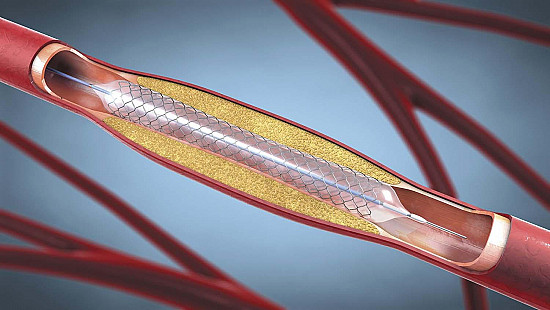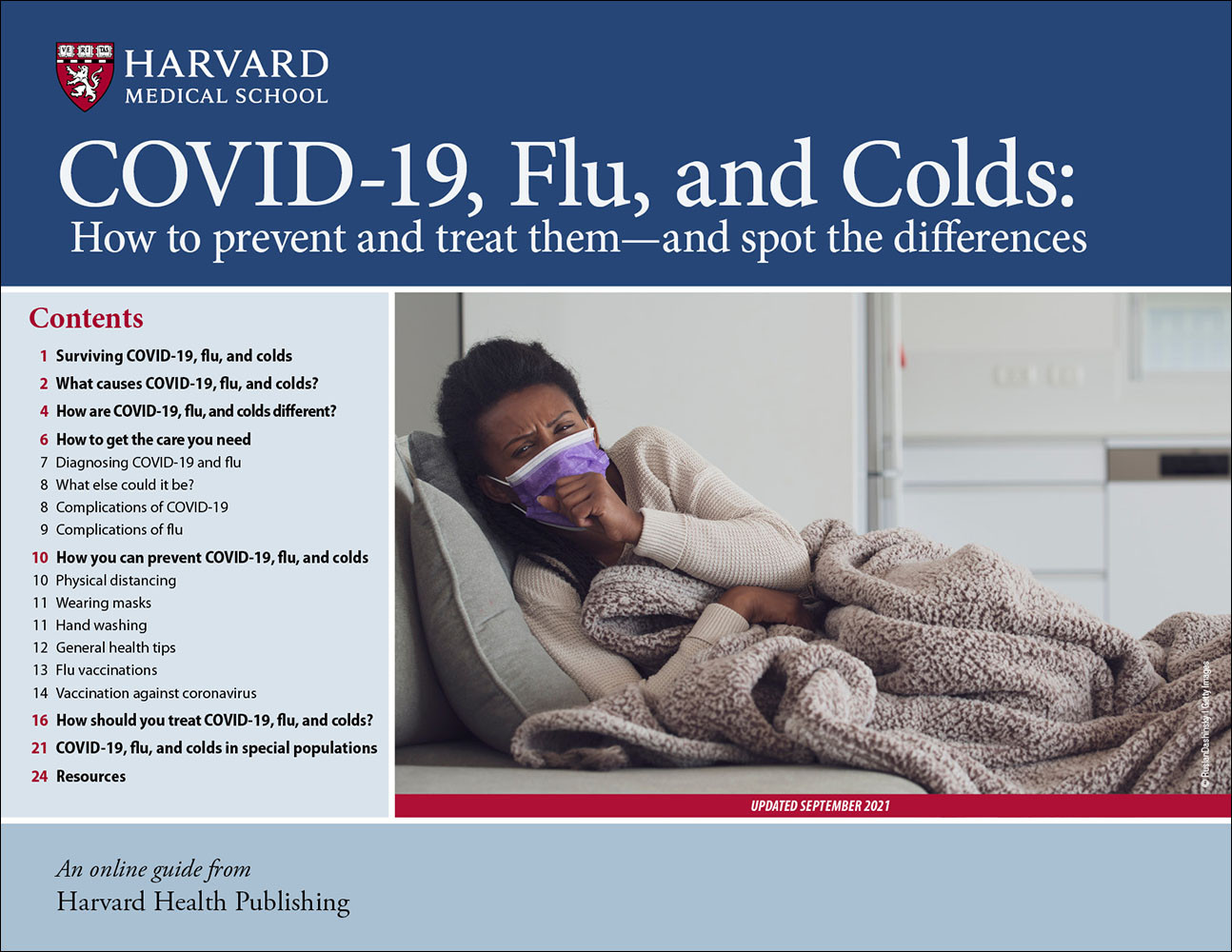Respiratory syncytial virus (RSV) tied to heart problems
News briefs
- Reviewed by Anthony L. Komaroff, MD, Editor in Chief, Harvard Health Letter; Editorial Advisory Board Member, Harvard Health Publishing

Here’s incentive to get the vaccine to protect against respiratory syncytial virus (RSV). The virus typically causes cold symptoms, but those can be much more severe in babies and people ages 50 and older, leading to lung infections (such as pneumonia) and hospitalization. And a study published online June 12, 2025, by Clinical Infectious Diseases suggests that RSV might also trigger serious heart problems and even heart attacks. Researchers looked at the health records of almost 500 adults (average age 67) who were hospitalized with RSV sometime during 2017 to 2020. Many of them already had some type of heart problem. During their hospital stay or soon after, 37% of participants experienced heart-related complications, such as a heart attack, chronic heart failure, or an irregular heartbeat. But as many as 54% of those events occurred in people without a previous heart condition. The CDC recommends an RSV vaccination for all adults ages 75 and older, and for adults ages 50 to 74 at increased risk for severe RSV (such as people with cancer; HIV; or heart, lung, kidney, or liver disease).
Image: © Halfpoint Images /Getty Images
About the Author

Heidi Godman, Executive Editor, Harvard Health Letter
About the Reviewer

Anthony L. Komaroff, MD, Editor in Chief, Harvard Health Letter; Editorial Advisory Board Member, Harvard Health Publishing
Disclaimer:
As a service to our readers, Harvard Health Publishing provides access to our library of archived content. Please note the date of last review or update on all articles.
No content on this site, regardless of date, should ever be used as a substitute for direct medical advice from your doctor or other qualified clinician.
















